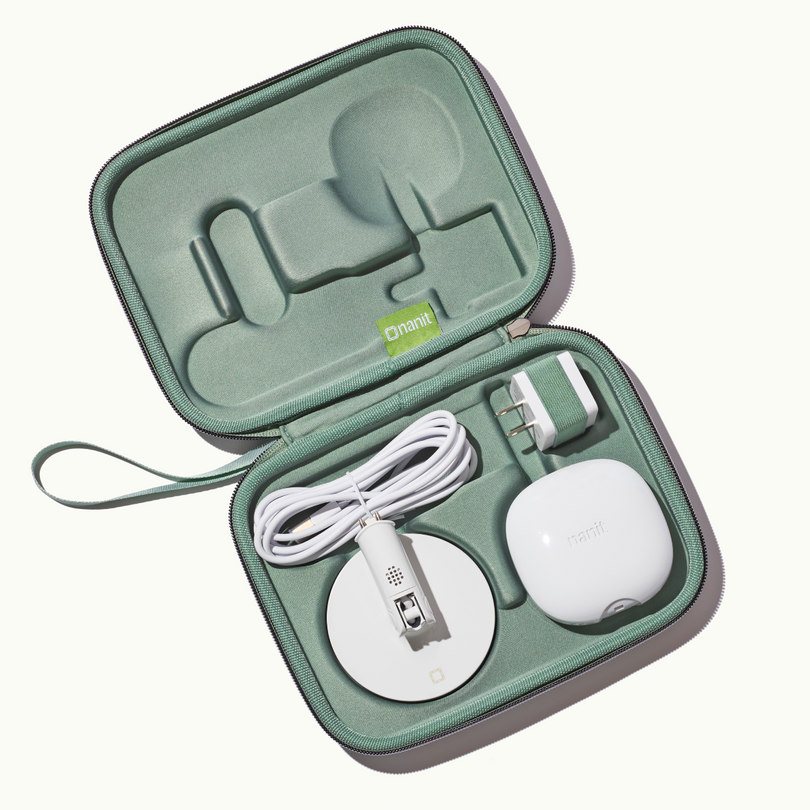21 Month Old Nap Schedule:
Two naps a day will likely be a thing of the past and your baby is most likely down to one nap a day. Now that this nap transition has occurred, it can be nice to think of the day in three parts – morning, nap and afternoon. The morning might include a fun activity like a playdate, playgroup or playground visit, then home for lunch and nap and then out again for more fun in the afternoon if everyone is up for it!
21 Month Old Feeding Schedule:
Most babies of this age love solid foods. While they may be drinking cow’s milk, they shouldn’t be ingesting more than 20 ounces a day. If your baby is drinking more than 20 ounces of milk, take it as a sign that they may need more solid food, which should be the main source of their nutrients, especially as they near their second birthday. Three meals a day should now be commonplace in your baby’s daily routine, with each day providing more information about baby’s flavor and texture preferences. Have some fun by experimenting with various food flavors, textures, and combos your baby may enjoy.
How Long Should A 21 Month Old Sleep?
Your little one should be sleeping around 11-12 hours each night, and around 2 hours during the day. They may start to experience the unpleasantness of nightmares and a fear of the dark, which can be soothed by a nightlight. Find a nightlight that’s bright enough to gently illuminate the room, without being too distracting.
Resist the urge to transition your baby to a toddler bed as the positive and calming associations they’ve likely developed with their crib allows for more restful sleep, helping to create a more dynamic relationship between baby and family.
21 Month Schedule
|
Wake 6:30 AM |
This is probably the longest stretch of time for your baby to not eat (overnight) so prepare for a hungry appetite! Feel free to combine breakfast and milk at this age, which might be fun if you'd like to include your baby in your family's breakfast. |
|
Breakfast 7:30 AM |
Creativity always wins when it comes to food, especially when it comes to the first (and most important) meal of the day! Try feeding your baby solid foods like scrambled eggs, yogurt, whole wheat pancakes cooked with blueberries (yum!), oatmeal or anything else you can cook up from your imagination. |
|
Snack (Optional) 10:00 AM |
A small snack between breakfast and lunch will keep your baby satisfied for lunch, just make sure it's not too heavy! |
|
Lunch 12:00 PM |
Now that your baby is transitioned to one nap a day, this meal may need to happen a little later than previous months. Continue to feed your baby solid foods, which will not only keep them full throughout the day, but help get them more nutritionally well rounded! |
|
Nap time 12:30 PM - 2:30 PM |
A comfortably long nap is the perfect recharge your baby needs after a solid lunch — try not to let them sleep for more than 2 hours. |
|
Milk Feed 2:30 PM |
Feel free to feed your baby milk after the afternoon nap. |
|
Snack (Optional) 4:00 PM |
Your little one might appreciate a light snack between lunch and dinner. Try to keep it portable, in case you're both out and about — try some cheese, a handful of berries, a clementine, a mini whole wheat bagel with peanut/almond butter, or even a hard boiled egg. Really, anything you can think of that might be in line with the flavors your baby has come to enjoy, works here so long as it's not too big! |
|
Dinner 5:00 PM - 5:30 PM |
Your little one will be comfortable with different types of solid foods at this age — they'll also be self-feeding more and more with each day! |
|
Bathtime 6:00 PM |
Splish-splash! It's time for a bath! |
|
Milk Feed and Book 6:15 PM |
This is an optional milk feed, especially since your little one is probably getting most of their nutrition from solid foods throughout the day. |
|
Bedtime 6:30 PM |
Time for bed. Sweet Dreams! |














